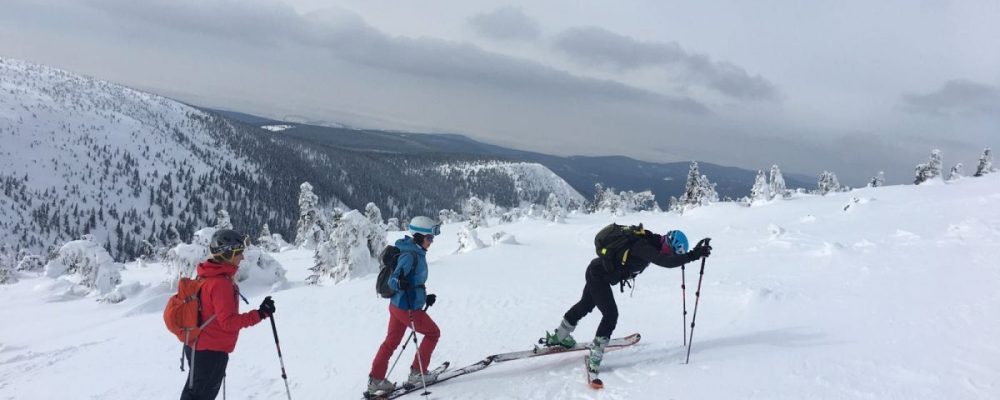Mountain professionals are trained to optimize risks in mountain terrain and are able to respond adequately to current conditions, threats and dangers. They are prepared and trained to deal with crisis situations. They are constantly educating and expanding their competencies and skills through mandatory continuing education and recertification.

A mountain guide is an expert who will guide you through challenging alpine terrain, mountain climbing routes, ski mountaineering events or freeride skiing. With its help, you will feel safe and you will be able to enjoy the beauty of the mountains without any worries. The mountain guide has experience with various types of terrain, from ungroomed ski trails to challenging ascents to the summits of the highest mountains in the world. This professional can accompany you on expeditions around the world and help you achieve your goals, whether it's a summit or a challenging freeride or avalanche course.
Every qualified mountain guide has professional insurance that covers liability for any damage caused to clients. In addition, it is recommended that each client has their own accident insurance to cover the risks associated with mountain activities.
A qualified mountain guide always carries an identification card with a valid membership badge, which he can present on request. If the tour takes place abroad, the leader is obliged to carry an EPC document that confirms his authorization to carry out activities in the country in question.

A UIMLA international mountain guide differs from an IFMGA mountain guide in that he is not qualified to guide clients on technically demanding terrain such as glaciers and permanent snowfields where the use of ropes is required. Terrains that require mountaineering skills are exclusively the responsibility of mountain guides. However, mountain guides can guide clients in all other mountain environments, high-altitude footpaths, Nordic-type terrains, including polar regions and milder alpine terrains. Mountain guides also lead trekking expeditions, trekking peaks. Then on skis in moderate terrains of the Nordic type.
A UIMLA mountain guide has mandatory professional liability insurance to protect clients against potential damages. This obligation does not apply to other mountain guides, but members of the Czech Association of Mountain Guides may be insured voluntarily.
A UIMLA guide must carry a card with a valid holographic stamp confirming their current membership and authorization to perform their activities.
Cooperation with a person without the relevant qualifications carries significant risks. The health or life of clients may be at risk, as the fake tour guide may not have adequate skills or experience. In addition, you can expose yourself to legal problems, as this activity often requires a special permit or license.
To ensure safety and unforgettable experiences in the mountains, it is always best to work with certified and verified professionals.
|
Activity
|
Mountain Guide - IFMGA
|
Mountain guide - UIMLA
|
|---|---|---|
|
Climbing and mountaineering
|
Yes
|
No
|
|
Alpine climbs
|
Yes
|
No
|
|
Movement on glaciers (using ropes and equipment)
|
Yes
|
No
|
|
Movement on glaciers (without the use of technology)
|
Yes
|
Yes
|
|
Via ferratas
|
Yes
|
Yes (with limitations)
|
|
Freeride and ski mountaineering
|
Yes
|
No
|
|
Ice climbing
|
Yes
|
No
|
|
Trekking and expeditions (including polar regions)
|
Yes
|
Yes
|
|
Mountain tourism
|
Yes
|
Yes
|
|
Courses (climbing, ski alpine, avalanche, etc.)
|
Yes
|
Yes (avalanche only)
|
+420 604 269 045
info@ckhimalaya.com
